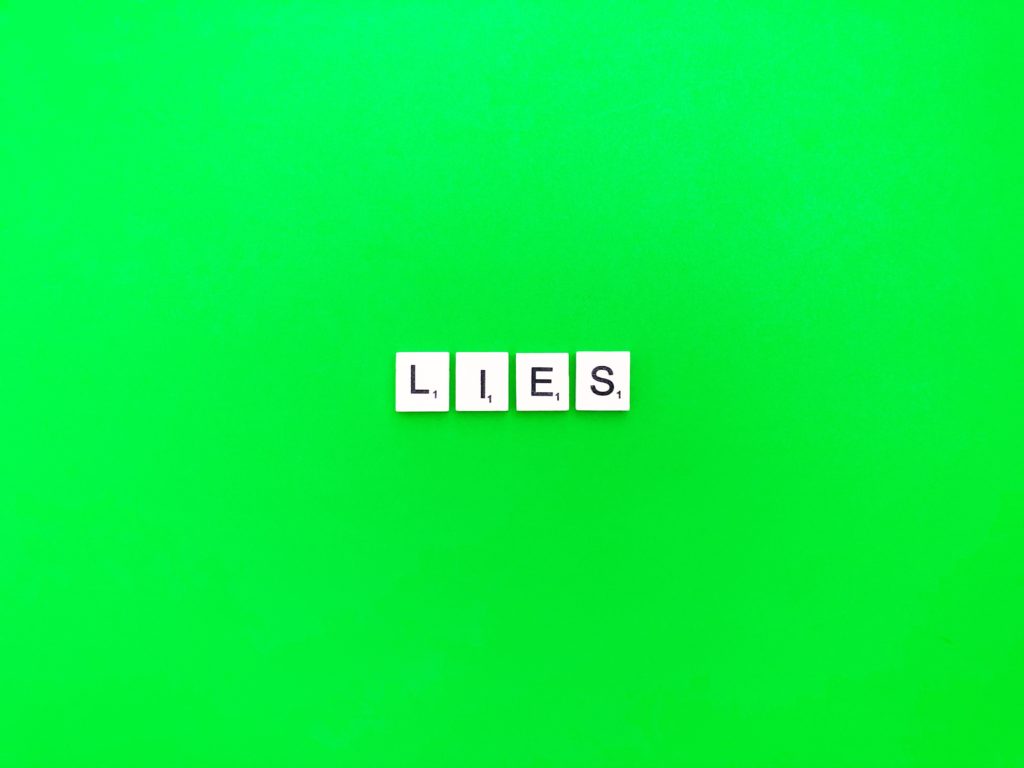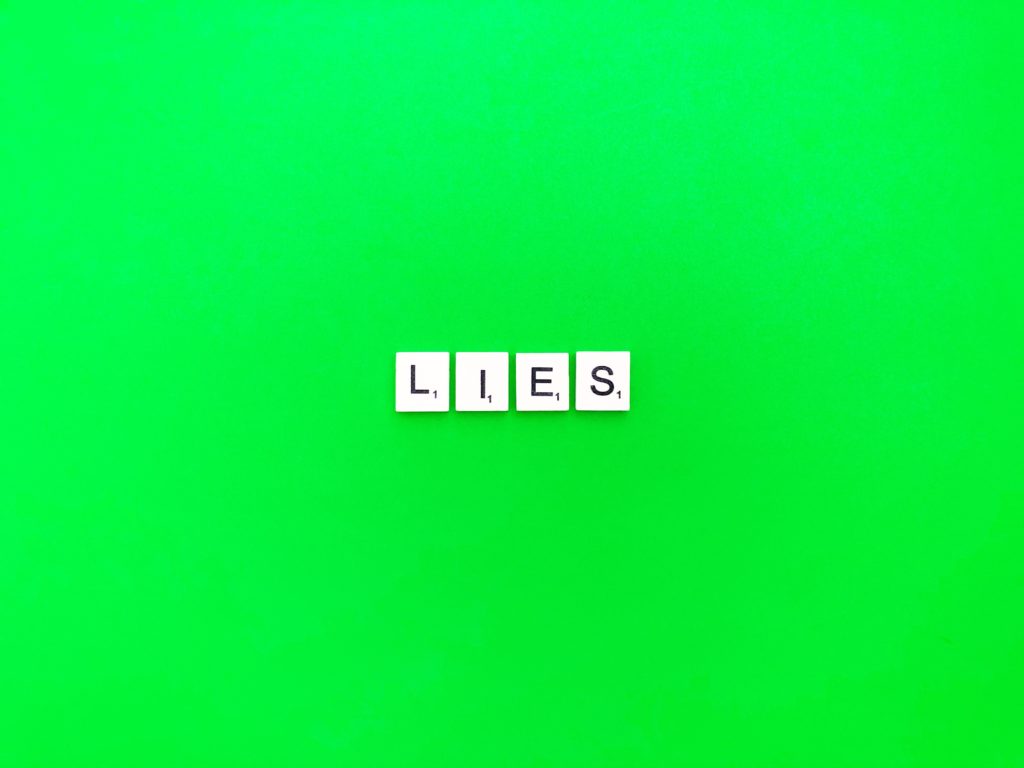Is it a Crime to Lie to the Police and/or the Court?


In Canada, lying to the police and/or the court is considered a crime. A person caught misleading or lying to these entities could face charges for a criminal offence. These offences are detailed in the section of the Criminal Code of Canada that deals with Misleading Justice.
If you find yourself accused of lying to law enforcement or the court, it’s imperative to seek immediate legal counsel from a criminal defence lawyer. They can provide expert guidance and representation to navigate the legal proceedings and ensure your rights are protected effectively.
Consequences for Lying to the Police and/or the Court
Under the Criminal Code, several offences could result from lying to the Police and/or the Court. The first is perjury, which is committed when a false statement is made under oath, or a false affidavit, solemn declaration or deposition is given. For charges of perjury to stick, it must be demonstrated that the accused knew their statement was false and intended to mislead. In the next section, a detailed look at section 131 of the Criminal Code provides more information about perjury. The section states that anyone who misleads with the intent of making a false statement under oath is guilty of perjury. This is true even if evidence was provided outside of Canada, in accordance with the law of the place where the person was virtually present or heard. The code makes it clear that this rule applies whether or not the statement was made in a judicial proceeding. However, the section doesn’t apply if a person wasn’t specifically permitted, authorized or required by law to make the statement.
Other offences include making a false statement, which happens when someone not authorized or required by law to make a statement does so falsely. Importantly, the person cannot be convicted if they believed the false statement to be true at the time of making it. Also, it’s important to note that the statement does not have to be made in court. Making a false statement under oath to the police is seen as just as serious. Unlike with perjury, however, the Crown does not need to prove the intention to mislead, only that the accused knew their statement was false.
Witnesses giving contradictory evidence in court is another offence, which occurs when a witness provides conflicting testimony at a separate judicial proceeding. The burden is on the Crown Attorney to show that this was done with intent to mislead the Court, but they don’t have to prove which of the contradictory statements is false. Section 136 of the Criminal Code lays out these stipulations and expands further on the potential consequences and conditions for such offences. The section lays out quite clearly that any witness who gives contradictory evidence in a judicial proceeding is guilty of an indictable offence, and could face up to fourteen years in prison. The court has the final say on whether the accused had an intention to mislead.
Fabricating evidence is yet another criminal offence. This is done when someone fabricates something with the intention to mislead, knowing that this would be used as evidence in an ongoing or proposed judicial proceeding. Section 137 of the Criminal Code elaborates on this offence. Here, it clearly states that anyone who fabricates anything with the intention to mislead, with the aim that it will be used as evidence in a legal proceeding, is guilty of an indictable offence, and they could face up to a maximum of fourteen years in jail.
The act of obstructing justice is another offence that concerns interfering with the course of justice, including during the investigatory stages of a case. Section 139 of the Criminal Code provides more illumination on this offence. According to this section, anyone who willfully attempts in any manner to obstruct, pervert or defeat the course of justice in a judicial proceeding is guilty of an offence that could result in a two-year prison term.
Public mischief is another possible charge that concerns misleading a police officer into beginning or continuing an investigation. There are various ways identified through which one could commit public mischief; making a false accusation of a criminal offence against another person, diverting suspicion from oneself and towards someone else, reporting a crime that didn’t occur, or declaring a person dead who isn’t. Section 140 of the Criminal Code addresses public mischief. According to this section, anyone who, with intent to mislead, causes a police officer to enter into or continue an investigation by making a false statement that accuses someone else of committing an offence, causing suspicion to be directed towards them, or reporting a non-existent crime is guilty of public mischief which is punishable by up to five years in prison.
Perjury
Section 131 of the Criminal Code pertains to the offence of perjury. This section stipulates that any person commits perjury by making a false statement with the intent to mislead, provided that they do so before an authorized person. False statements can be in the form of an oath, solemn declaration, affidavit, or oral. The person has to be aware that the statement they are making is false. Additionally, evidence given under subsection 46(2) of the Canada Evidence Act or a statement made under section 22.2 of the Mutual Legal Assistance in Criminal Matters Act is also subject to this rule. These statements can still be considered perjury even if the false statement did not occur under oath or a solemn affirmation, as long as the false statement was made in accordance with any formalities required by the law of the place outside Canada where the person is virtually present or heard.
It’s worth noting that subsection 131(1) applies whether or not the statement was given in a judicial proceeding. Plus, subsections 131(1) and (1.1) do not apply to a statement referred to in either of those subsections that are made by a person who is not specifically permitted, authorized or required by law to make that statement.
Making a False Statement
A person can be charged with making a false statement which typically occurs when an individual who isn’t authorized or required by law to make a statement does so falsely via an affidavit, solemn declaration, or deposition. It’s crucial to understand that a person cannot be convicted if they made a false statement but believed it to be true at the time of making it. Also, the statement does not have to be made specifically in court for it to be considered a crime. Even when sworn to the police, a false statement constitutes perjury.
Here’s an additional significant difference between perjury and making a false statement: for the latter, the Crown doesn’t have to prove an intention to mislead. It’s enough for them to demonstrate that the accused knowingly made a false statement.
Giving Contradictory Evidence
Section 136 of the Criminal Code provides the specifics about a witness giving contradictory evidence during a judicial proceeding. This offence occurs when a witness gives contradictory variations of their evidence across different judicial proceedings. Essentially, the responsible party can be found guilty of an indictable offence, which might result in imprisonment for a term of up to fourteen years. It’s important to understand that this can happen irrespective of whether the prior or later evidence, or either, is true.
However, conviction under this section can only happen if the court, judge or provincial court judge is firmly convinced beyond a reasonable doubt that the accused was trying to mislead in one of the judicial proceedings. More details are provided for specific cases where evidence was given under section 714.1, 714.2, 714.3 or 714.4 or subsection 46(2) of the Canada Evidence Act or a statement was given under section 22.2 of the Mutual Legal Assistance in Criminal Matters Act. Such evidence or statements are considered as evidence given by a witness in a judicial proceeding.
Notably, for the purposes of Section 136, the term “evidence” does not include any evidence that lacks relevance. If a person is accused of an offence under this section, a certificate that outlines the specifics of the proceeding where the person allegedly gave the contradictory evidence is regarded as valid evidence. This is the case even without the need for proof of the signature or official capacity of the person who seems to have signed it. However, it’s essential to know that no proceedings for this offence can be initiated without the consent of the Attorney General.

Fabricating Evidence
Fabricating evidence is an offence that occurs when someone, with the intention to mislead, creates something that they intend to be used in a judicial proceeding. It’s important to note that the fabrication can be done using any means apart from perjury or incitement to perjury.
In Section 137 of the Criminal Code, it elaborates on the offence of fabricating evidence. The section explains that anyone who fabricates anything with an intention to mislead, and with further intent that it shall be used as evidence in a judicial proceeding, whether existing or proposed, is guilty of an indictable offence. Conviction of such an offence can lead to imprisonment for a term not exceeding fourteen years.
Obstructing Justice
Obstructing justice is another offence that typically involves any willful attempt to obstruct, pervert or defeat the course of justice.
It’s important to note that this includes not only existing and proposed judicial proceedings but also situations that are at the investigatory stage.
Section 139 of the Criminal Code further clarifies the offence of obstructing justice. This section indicates that anyone who willingly tries in any way to obstruct, distort or derail justice in a judicial proceeding is guilty of either an indictable offence that could lead to imprisonment for up to two years, or an offence punishable on summary conviction.
It’s significant to note that this is applicable whether the action in question involves indemnifying or agreeing to indemnify a surety, in any way and either in whole or in part, or where the person is a surety, by accepting or agreeing to accept a fee or any form of indemnity, whether in whole or in part, from or with respect to a person who is released or is to be released from custody.
Public Mischief
Public mischief is a specific criminal offence that happens when a person deliberately leads a police officer to initiate or continue an investigation with the intention to mislead the officer. A person can be accused of such misleading behaviour in several ways. These include falsely accusing another person of committing a criminal offence, creating a situation where suspicion is diverted from themselves or causing another person to be suspected of having committed the offence, reporting that an offence has been committed when no such offence has actually occurred, or causing the officer to believe a person has died when they have not. Interestingly, it is also a crime to attempt to commit public mischief in a case where the officer did not believe the person and therefore did not commence an investigation or was not misled.
Section 140 of the Criminal Code relates to the offence of public mischief. It explains that anyone commits public mischief if, with intent to deceive, causes a peace officer to begin or continue an investigation through various actions.
These actions can be making a false statement that accuses another person of committing an offence; doing anything intended to lead another person to be suspected of a crime they have not committed or to divert suspicion from themselves; reporting that an offence has been committed when it has not; or reporting or somehow making it known or causing it to be made known that they or another person has died when they or the other person has not died. The severity of punishment for committing public mischief depends on the specifics. The accused is either guilty of an indictable offence and liable to imprisonment for a term not exceeding five years, or guilty of an offence punishable on summary conviction.

Jonathan Pyzer, B.A., L.L.B., is an experienced criminal defence lawyer and distinguished alumnus of McGill University and the University of Western Ontario. As the founder of Pyzer Criminal Lawyers, he brings over two decades of experience to his practice, having successfully represented hundreds of clients facing criminal charges throughout Toronto.





